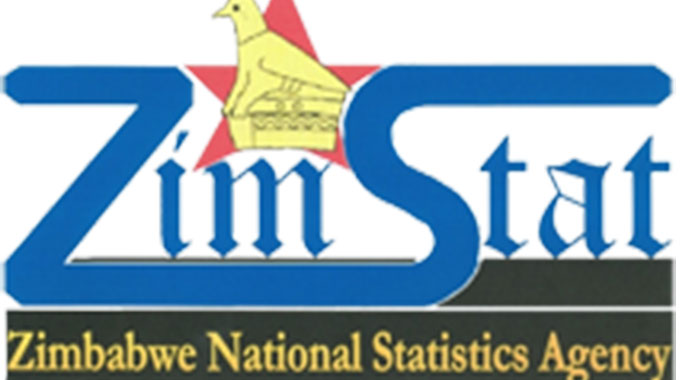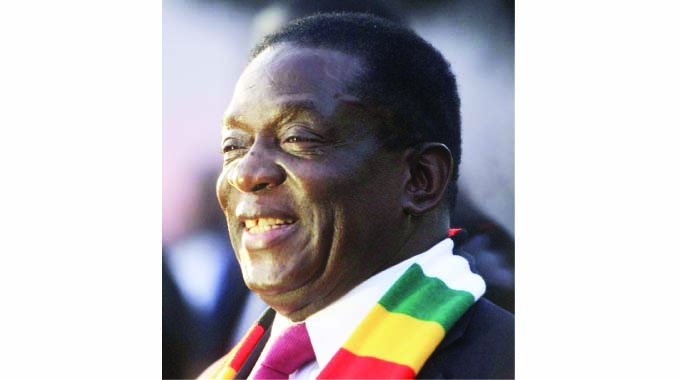The Chronicle

Nqobile Bhebhe, Senior Business Reporter
MINING and quarrying operations are the biggest gross domestic production (GDP) contributors for Matabeleland North and South provinces despite livestock and tourism being regarded as the major sectors for both regions.
In its latest report, the Zimbabwe National Statistics Agency (ZimStat) said mining and quarrying activities contributed $2,85 billion and $2,52 billion to Matabeleland South and Matabeleland North GDP between 2019 and 2021, respectively.
The report indicated that in Matabeleland North, the electricity industry contributed $1,67 billion, wholesale and retail trade ($1,33 billion) and manufacturing ($1,15 billion) while financial and insurance activities injected $1,02 billion.

In its latest report, the Zimbabwe National Statistics Agency (ZimStat) said mining and quarrying activities contributed $2,85 billion and $2,52 billion to Matabeleland South and Matabeleland North GDP
For Matabeleland South, wholesale and retail had $2,20 billion, manufacturing ($96 million), information and communication ($72 million) and financial and insurance activities recorded $62 million.
Tourism is one of the key economic drivers in Victoria Falls and Hwange areas but does not feature among the top five industries.
The Government designated Victoria Falls as a Special Economic Zone with a focus on tourism and has started crafting a blueprint to guide the operationalisation of the Integrated Development Programme/Conceptual Development Framework for the Victoria Falls-Hwange-Binga SEZ, whose idea is to integrate economic activities, catapult growth and improve livelihoods in the province.

For Matabeleland South, wholesale and retail had $2,20 billion, manufacturing ($96 million), information and communication ($72 million) and financial and insurance activities recorded $62 million.
The province is naturally the country’s tourism capital, as it is home to the Rainforest in the prime resort city of Victoria Falls and has the country’s biggest game park — Hwange National Park, Chamabondo, Zambezi and Victoria Falls national parks where the Big Five game and various other species and birds, as well as several tourism activities are found.
On the other hand, Matabeleland South is targeting to grow its cattle herd to 1,2 million from 624 970 in 2018 under its provincial economic plan 2021-2025, which seeks to achieve key target areas of the National Development Strategy 1 (NDS1), which is almost doubling the provincial herd in seven years.
 National Development Strategy 1 (NDS1)
National Development Strategy 1 (NDS1)Economic analysts say there is a need for the provinces to aggressively market their prime industrial earners.
Contacted for comment, economic commentator and CSC-Boustead Beef company consultant Mr Reginald Shoko said there is an urgent need for livestock farmers to embrace commercial livestock production rather than as a show of wealth.
By taking a commercial approach, he said the sector will contribute meaningfully to the provincial GDP.
“To boost livestock production in Matabeleland South, there is a serious need to shift from viewing cattle as domestic animals that you keep and sell after several years,” he said.
“Farmers need to understand and appreciate cattle as an investment.
“There is a production cycle that farmers need to venture into, raring and disposing of cattle at their prime with super grades and generating proper returns.”
At the moment, Mr Shoko said to many people cattle were viewed as just a symbol of wealth and no investment, which is why statistically livestock is not contributing much to the provincial GDP.
Armed with an investment mentality, Mr Shoko said farmers will be able to breed cattle on a broader commercial scale and boost the provincial GDP.
As part of efforts to grow the national herd, the Government under the Second Republic has put in place several measures to boost the production of livestock in both communal and resettlement areas.
 President Mnangagwa
President MnangagwaPresident Mnangagwa launched the Presidential Livestock Scheme as part of efforts to grow the livestock sub-sector.
Economist with the National University of Science and Technology (Nust) Department of Banking and Investment Promotion, Mr Stevenson Dlamini, said the two provinces need to intensify their marketing strategies.
“These strategies may include a ‘Buy Matabeleland North’ campaign aimed at raising awareness of the various tourist destinations. Also hosting of international conferences in places such as Lupane, especially in the area of clean energy,” he said.
“In terms of increased livestock production, Matabeleland South needs to revamp its comparative advantage by intensifying disease control and a more robust fight against cattle rustlers who undermine the efforts of cattle ranchers.
“Again, the inclusion of youth in cattle ranching through the Presidential Agriculture Social scheme will go a long way in improving the two provinces’ GDP,” he said.
Article Source: The Chronicle
